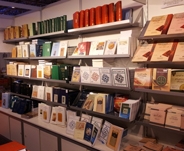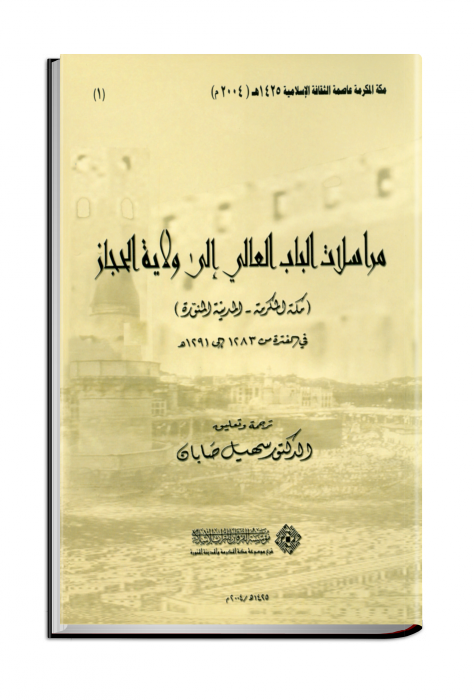The Correspondences of the Ottoman Sublime Porte to al-Ḥijāz Province (Makkah and Madinah) 1283-1291 A.H.
This book holds information of interest to researchers on the history of the two Islamic Holy Shrines of Makkah and Madinah. This includes the correspondence between the Sublime Porte (al-Bāb al-ʿAlī), the Ottoman central government, and the Wālī of Ḥijāz during the period 1283 A.H. (1866 A.D.) to 1291 A.H. (1874 A.D.). The letters were written in very eventful times as there were many attempts to overthrow the Ottoman rule in the Arabian Peninsula, such as the capture of Najd, Iḥsaʾ and Qaṭīf by Saʿūd al-Faiṣal. This led to a noticeable increase in the volume of correspondence between the High Porte and the Wālī of Ḥijāz whereby his views on the political developments were consulted, the preparation of a local army was discussed and the attempts to consolidate and draw in the Arab tribes were followed through. The correspondence also included general supervision details of the two cities of Makkah and Madinah.
 Shared Knowledge
Shared Knowledge


 Ijāzāt ʿUlamāʾ wa-ʿĀlimāt al-Ḥaramayn al-Sharīfayn li-ʿUlamāʾ al-Amṣār
Ijāzāt ʿUlamāʾ wa-ʿĀlimāt al-Ḥaramayn al-Sharīfayn li-ʿUlamāʾ al-Amṣār